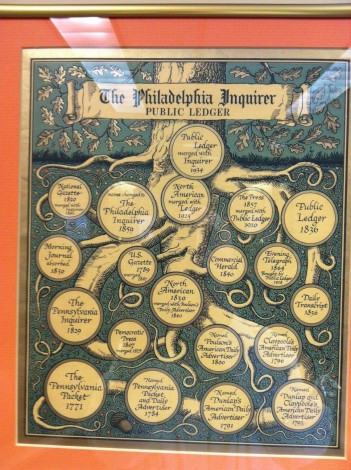The old saying goes that a reporter is only as good as his sources.
To tell or find a story, one needs to have the resources and access to perspective and insight. In my few years as a journalist, I’ve taken considerable effort to build relationships and gather sources.
That mostly amounted to piles and piles of business cards. Thankfully, two tools have allowed me to take considerable control over that mess.
First, almost since the very beginning of my collecting sources in college, I have obsessively updated my contacts in my Gmail account, including emails, phone numbers, even birthdays and mailing addresses when possible. Taking it further, I include headshots and a description of when I first met the person and what their relevance is, to ease my ability to remember the person.
Second and most recently, with my first smartphone and Macbook following this and this,I’m able to sync those Gmail contacts to my phone, allowing me to have access to those contacts more readily, as I try to develop as many text and Gchat relationships, it’s proven a great tool.
Which is good, because as important as it is to have good sources, it doesn’t matter if you can’t find them.








